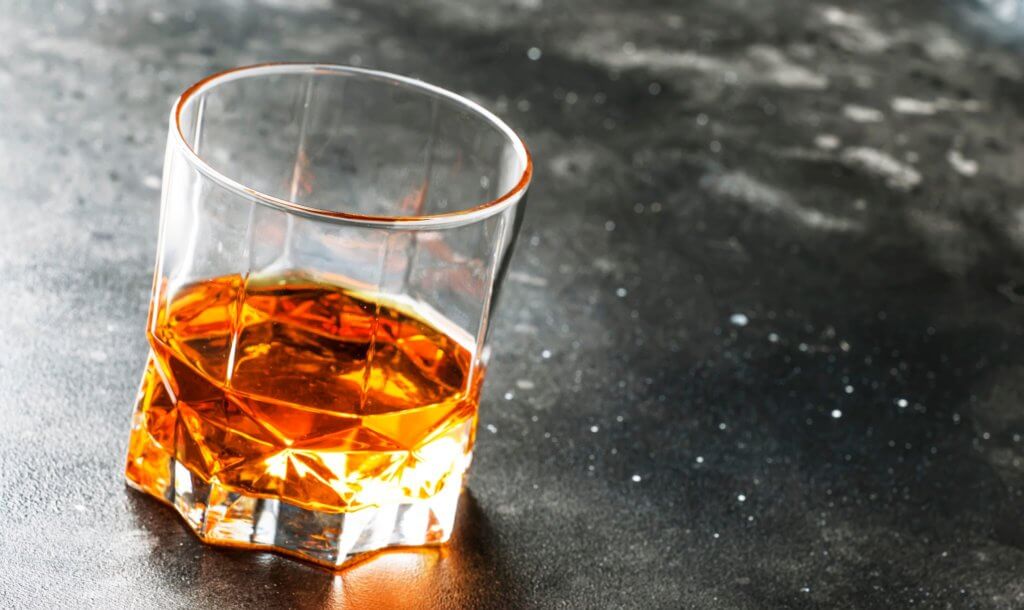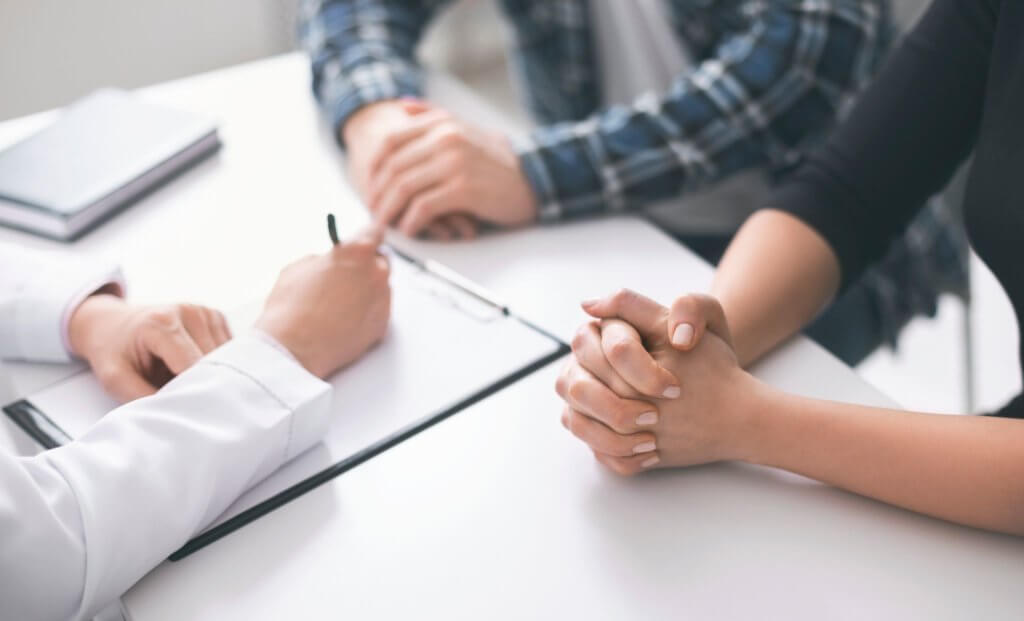Getting sober after abusing drugs and/or alcohol is a major accomplishment. One that many people with substance use disorders never get the opportunity to achieve. The vast majority of those who are in recovery from addiction have committed their time and effort to therapy, medication management, and deep soul-searching. They have continued to do things to promote their well-being. Rather than allow themselves to fall back into the deadly cycle of active addiction. But, everyone who is in recovery must prepare for relapse, even if it never happens. That is because relapse is part of the disease of addiction, as people in recovery are either working to prevent it or are striving to overcome their struggles with it.
To date, there is no hard, comprehensive measure regarding what percentage of people in recovery from drug and alcohol addiction end up relapsing. But, those in the industry and those who are in recovery themselves, know that relapse is very real and impacts countless individuals to different extents. Some people relapse and are able to bounce back quickly. While others relapse and suffer a fatal overdose before getting the chance to do the same. The bottom line is that relapse is something that you can prevent, especially if the signs of relapse are recognizable.

Signs of a Relapse
A relapse occurs when a person starts repetitively using or drinking again after being sober for a period of time. Not to be confused with a lapse, which occurs when a person uses or drinks one time after getting sober and quickly gets back into recovery. A relapse can occur at any point in a person’s recovery. As it does not matter if they have been sober for a few weeks or a few decades. That is because a relapse can be triggered by a number of different things ranging from stress and physical exhaustion to the sudden loss of a loved one and unchecked mental distress. While talking about relapse is certainly not a conversation filled with rainbows and butterflies. It is essential to have the conversation for nothing else but to learn the signs of relapse so that you can obtain help and support quickly.

So, what are some of the most common signs of a relapse? Consider the following:
- Falling back into old patterns. After a person has been sober for a period of time, it becomes easier to root out what behaviors were definitive of their active addiction and what behaviors were not. It is possible that a person is relapsing if they are engaging in behaviors they used to when they were using or drinking. This can include socially withdrawing, limiting communication with others, making impulsive decisions, and even beginning to slack on responsibilities at work or at home.
- Skipping meetings or therapy sessions. A huge part of recovery is therapy and community support. Of course, not everyone goes to therapy and attends meetings. But many people either do both or one or the other. When someone who has been in recovery for a period of time begins to skip meetings and/or therapy sessions, or is spacing them out in their schedule, it is possible that they may be relapsing. Attending meetings and going to therapy becomes extremely difficult when addiction is active again. Especially because of the dishonesty a person has to present with in order to be a functional member of either.
- Revisiting old stomping grounds. Part of a healthy recovery is distancing oneself from people and places that used to be associated with their active use. This usually includes others who are still using. Exes who played a role in their use, dealers, bars, houses that drugs used to be used in, and so on. So, if a person is revisiting those places or hanging out with those people once again, it can serve as a major warning sign that a relapse is occurring or is about to occur.
Someone who is relapsing may also start to experience changes to their physical appearance. Become more irritable or unpredictable with their behaviors. Start asking for things that they would otherwise take care of themselves. Like a place to stay, cash, or help with other basic needs. Thankfully, there are things that you can do to combat relapse both before it happens and as it is happening.

How to Combat Relapse
The best way to combat relapse is to have a relapse prevention plan ready at all times. You can put together relapse prevention plans while in treatment, with a therapist, or on your own. A relapse prevention plan includes regular, daily methods of self-care. It also includes techniques to help avoid stress and manage big emotions like anger or anxiety, and contact information for those who can be of help, and support if recovery starts to feel unstable. This is a proactive measure that can help prevent relapse and also help shorten a relapse should it occur anyway.
Other things that you can do to prevent relapse from occurring include the following:
- Attend regular meetings
- Continue to see a therapist
- Identify triggers to use
- Practice good self-care consistently
- Utilize having a strong support system of friends, family, and loved ones
The best way to manage relapse is to stay ahead of it. But, if a relapse does occur, it does not mean that a person has failed. Relapses, especially those where recovery comes quickly after, are bumps in a long, winding road of recovery. There is no shame in relapsing as long as making efforts to get back on track.

Drug and Alcohol Rehab in California
If you are struggling with your recovery and feel like you are on shaky ground, stop what you are doing. And call us right now. We can help you overcome the challenges you are facing in your recovery. And even help you get back into recovery if you have already relapsed.
Do not give up on yourself. Call us right now to learn more about how we can help.






